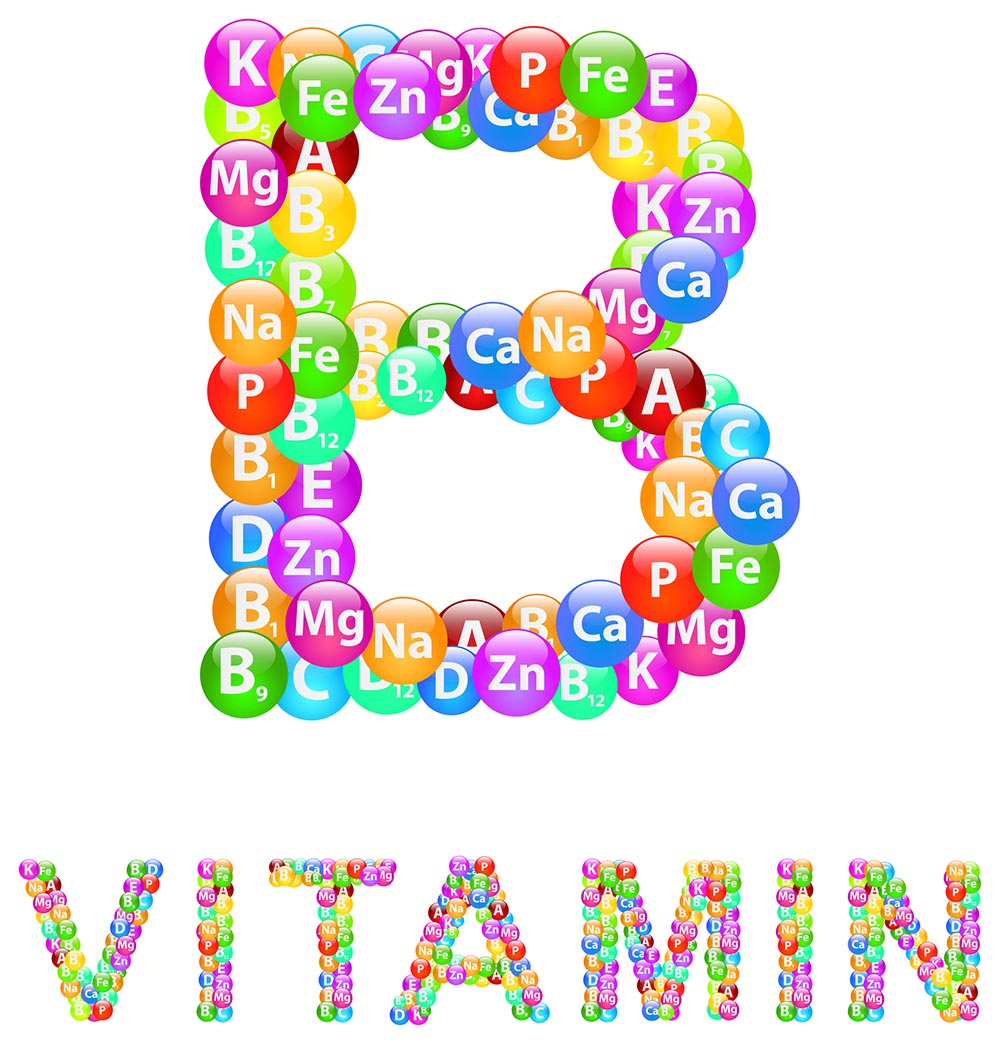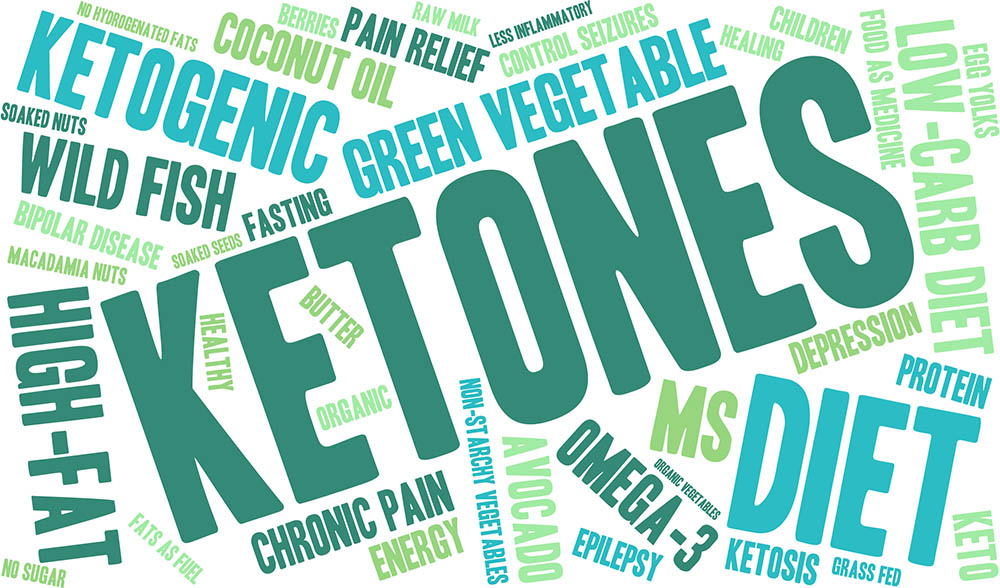7 Recommended Supplements on a Keto and Intermittent Fasting Plan
It’s intimidating, isn’t it?
Now that you’ve decided to switch to the low-carb keto diet, you’re coming across an endless stream of articles about which keto supplements you should take. MCT oil? BHB salts? Ketone esters? Just what the heck are those, anyway?
It’s mind-boggling.
Worse, little of the information is consistent.
You need potassium and magnesium! No, you don’t! You need vitamin D3! You shouldn't take branched-chain amino acids for your pre-workout supplement. They have too much protein. No, they don't.
You plow through what seems like hundreds of articles. Until your head swims and you want to give up.
You’re not alone.
“Should I take supplements? What kind?” are among the top questions I get asked.
With good reason.
Keto Supplements Could Improve Your Results
The ketogenic diet has helped thousands of people reach their health and weight loss goals. It’s a high-fat, moderate protein, low-carb diet that often results in quick weight loss. Not only that, but it may also help prevent and even fight dangerous health conditions such as Type 2 diabetes and heart disease.
And the success people have with keto leaves many people wondering what they can do to boost their results even more. Could supplements be the answer?
Certainly, supplements can help you not only maximize your keto results but also ease you through the transition period - known as the keto flu - while you’re going into ketosis and moving away from burning sugar for energy.
Because the topic of supplements can be so confusing, I wanted to simplify it for you by giving you seven keto supplements I recommend.
Let’s dive in.
#1 Minerals
First up are the major minerals potassium, magnesium, sodium, and calcium. These four are what are called electrolytes - electrically charged minerals that maintain fluid throughout your body. Electrolytes allow fluid to move inside and outside your cells. They also help keep you properly hydrated, along with other health benefits.
Trace minerals such as iron, manganese, and copper are also beneficial when you’re on a keto diet. As the name implies, you need only a small amount (less than 100mg daily).
Minerals are important because they can help reduce Fat Storing Hormone resistance and put you into fat burning better than if you’re deficient in them.
Additionally, these minerals are alkaline, which helps offset some of the uric acid buildup that can happen on the keto diet. Excess uric acid can cause gout and uric acid kidney stones.
Examples of high potassium foods on a keto diet are beet tops, avocados, and spinach. For magnesium, almonds are an excellent and keto-friendly way to up your intake. Grass-fed cheese, including goat cheese, are good sources of calcium. And for sodium, Himalayan pink salt or Celtic sea salt is excellent.
If you're considering a trace mineral supplement, be sure to choose a high-quality one that is plant-based because the trace minerals will be more bio-available to you.
#2 Vitamin B1
Vitamin B1 is essential during the adaptation phase when your body is switching from burning sugar to using fat for fuel. This vitamin helps ease keto flu symptoms as well as reduces fatigue and soothe keto rash.
As a bonus, B1 is also helpful for stress relief.
I recommend getting B1 from nutritional yeast that’s not fortified because the added fortifications are made from petroleum - something you don’t want to put in your body! Nutritional yeast comes in both powder and tablets. The powder has a mild cheese-like flavor that many people enjoy. You can sprinkle it over steamed vegetables or add it to a keto-friendly smoothie.

#3 Vitamin B3
B3 is excellent for helping lower cholesterol that is coming out of your fat cells via your liver. Although eating high fat on keto will help lower your cholesterol, supplementing with B3 will give your body an added boost.
Vitamin B3 is good for liver support in general. Because your liver has likely taken a beating from years of eating high carb, I like that this vitamin can help reverse some of the damage to your liver so it can make sufficient amounts of bile to properly metabolize the amount of healthy fat required on a keto diet.
As with vitamin B1, I recommend nutritional yeast that’s not fortified, because those added fortifications are made from petroleum.
#4 Vitamin B5
Like B1, B5 is essential for the adaptation phase of keto when you’re going into ketosis; that is, switching to fat burning from sugar burning. It also helps ease any keto flu symptoms you may experience until you're keto-adapted.
I recommend nutritional yeast that’s not fortified because those added fortifications are made from petroleum.
#5 Vitamin A
Vitamin A helps correct Fat Storing Hormone resistance, a pre-diabetic condition that happens when your Fat Storing Hormone levels have been high for so long that your body can no longer effectively use it.
Vitamin A is found in cod liver oil, egg yolks, and grass-fed cheese - all good to have on a keto diet. Grass fed liver is also good. I don’t personally like liver, but for those of you who do, it’s a great source of Vitamin A.
#6 Vitamin D3
Vitamin D3 is another one that’s helpful to improve Fat Storing Hormone resistance, And, like vitamin A, it’s found in cod liver oil and egg yolks. In fact, if you consume both those food items, you’ll get a beneficial 50/50 split between Vitamins A and D3.
#7 Choline
Choline, despite its name, is actually one of the B vitamins. It’s essential for getting fat off of your liver, which will help restore it to full functionality. Choline works hand-in-hand with the bile that your liver produces, to ensure it can handle the higher amounts of healthy fat you’ll be eating on a keto diet.
As a bonus, choline helps ease keto rash too.
One Keto Diet Supplement I Don’t Recommend
Notice what’s missing from this list? Exogenous ketones.
If you haven’t yet heard of them, exogenous ketones are items like BHB (beta-hydroxybutyrate) pills, BHB salts, and esters. Exogenous ketones, as the name implies, are made outside of your body. You take them in the hope that they will help put you into ketosis.
Which sounds like a cool bio-hack, right?
Only I don’t recommend exogenous ketones. One reason is that they’re often marketed to people as a kind of keto cheat to avoid lowering your carbohydrate intake as much as you would for your body to make its own ketones. Thus, it defeats the purpose of correcting your diet to one that’s healthier than eating reams of carbohydrates.
Taking exogenous ketones doesn’t mean your body is burning fat; it often means you’re simply peeing out the ketones you just paid good money for. And, you probably won’t lose weight!
So stick to a healthy ketogenic diet combined with intermittent fasting, and these seven keto supplements I recommend. They’re not meant to replace a keto diet, but to enhance your results and teach your body how to produce and burn its own ketones.

Clear Your Confusion About Keto Supplements
Here’s the thing:
Making a major change to your lifelong way of eating is hard. You’ve got eating habits that are so ingrained they may as well be tattooed on your brain.
No one does keto perfectly when they first switch over to it and start getting keto-adapted.
You’ll be caught up in making sure you eat the correct amount of fat, protein, and carbs. Which is daunting enough when you first start out, never mind trying to figure out supplementation when you want to take your results to the next level. Your well-meaning keto friends will urge you to try things like MCT oil in your coffee or ketones in a can.
Meanwhile, you're wondering what on earth you've gotten yourself into.
I can help.
Because people constantly ask me about keto supplements, and because I’ve heard from many of you how busy you are, I’ve developed a number of products to make going keto easy for you.
There’s a kit to help you more easily transition to fat burning from carb burning, lessening the symptoms of keto flu. As well, I often hear from people who don’t sleep much during their transition to keto-adaptation. There’s a good reason for this: fat, which you’re starting to burn, is a much more concentrated form of fuel for your body than carbs. By burning it, you’re unlocking significantly more energy. If you need sleep support, the kit contains it.
After working with hundreds of people over the years, and because I specialize in keto and intermittent fasting, I’ve learned what people most often need support with. From the transition to keto, to sleep, hormones, hair, skin, nails, and digestion - there is a range of items available to support you.
Before you go any further down the keto supplement rabbit hole, make sure you understand the basics I've given you in this post.
Then you've got the knowledge to make an informed decision about your health. Without driving yourself crazy trying to sort out conflicting information until you want to surrender in frustration.
Are you ready?
Previous blog
High Pulse Rate and Sleep Quality
Popular
08/31/2023
11.5K views
08/31/2023
14.5K views
08/31/2023
144.9K views
03/18/2024
11/21/2022




